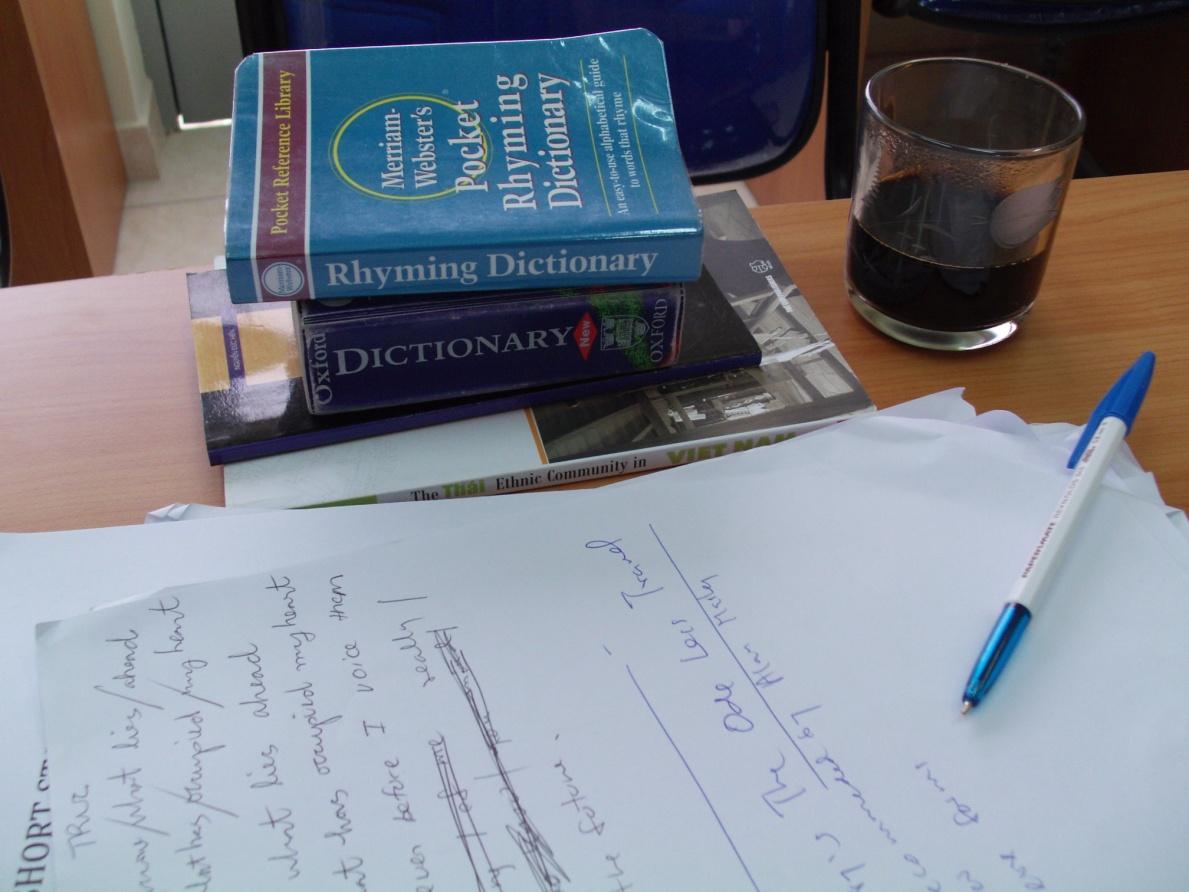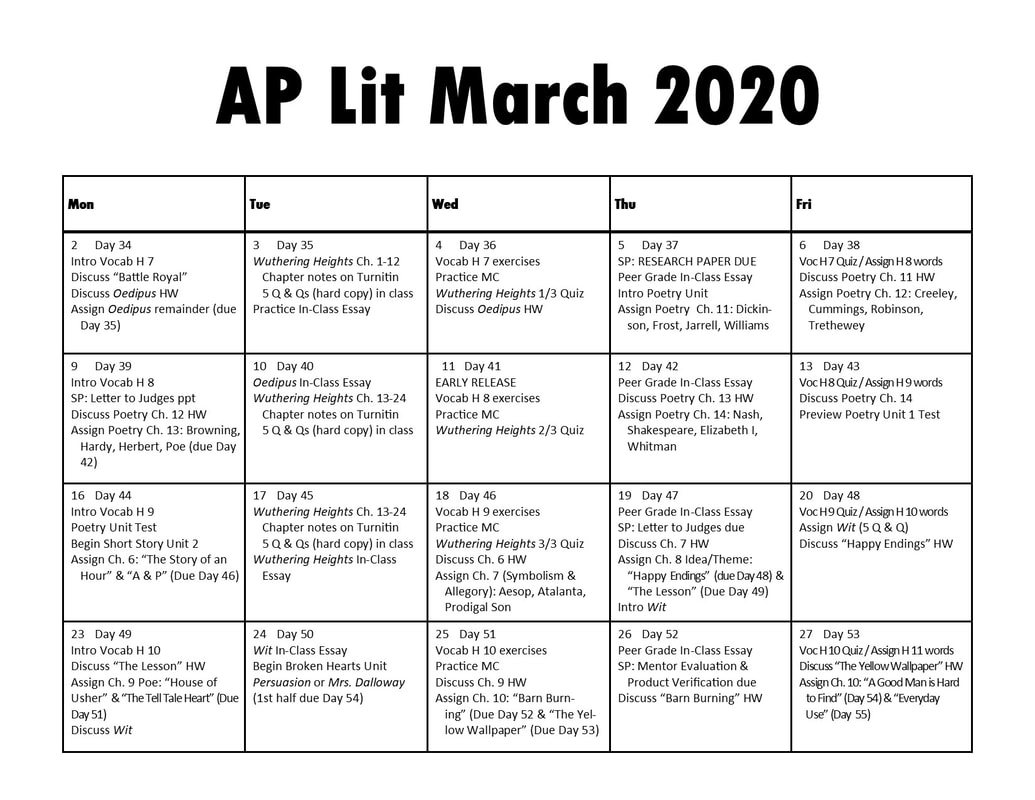The Water War in Bolivia - CounterPunch.org.
The government of Bolivia, under pressure from the World Bank, decided to privatize water supply in the country’s third largest city, Cochabamba. People were dissatisfied with the decision of the government.
The water war in the Bolivia, which is also known as the Cochabamba water war.This war is protest against the city's Municipal water supplying company SEMAPA. The main conclusion of this war is that resource problems can also lead the political disintegration. 5.0 4 votes.

Bolivia’s water wars In the current reality, water is a privilege. Today, more than one billion people live in water-scarce regions. According to a recent World Bank report, because of climate change, rising consumption, and growing populations, up to 3.5 billion people could face water scarcity by 2025.

Water privatization in Bolivia Bolivia is South America’s poorest country and the site of one of the world’s most notorious and controversial water privatization programs. Safe drinking water is a necessity for sustainable development in every country.

Who Owns the Water? An Analysis of Water Conflicts in Latin America and Modern Water Law. By Thomas Coleman. University of Virginia. water supplies in. n February 4, 2000, military police from La Paz, Bolivia clad in urban camouflage and anti-riot gear entered the city of Cochabamba to suppress a.

Water wars: Bottling up the world’s supply of H2O. When the prices and the environmental costs of bottled water get too high, you may find yourself going to war over your water.

Water war in Bolivia led eventually to overthrow of entire political order South American country found itself in need of aid from IMF and World Bank Tue, Nov 18, 2014, 01:00.

Source: Mona Caron. Water is arguably the substance most important to maintaining life on earth. At the mountainous center of South America, Bolivia’s complex struggles with the scarcity and commodification of water captured worldwide attention at the turn of the twenty-first century.

Other essays analyze the significance of the Water War and are complemented by a selection of writings by Oscar Olivera on the imposition of neoliberalism, which created the conditions for the Water War, and what the next steps towards liberation may be.

Water conflict is a term describing a conflict between countries, states, or groups over an access to water resources. The United Nations recognizes that water disputes result from opposing interests of water users, public or private. A wide range of water conflicts appear throughout history, though rarely are traditional wars waged over water alone.

Indeed water is already a catalyst for regional conflict. In the dying years of the previous Ethiopian government, tensions with Egypt increased rapidly when the rulers in Addis Ababa pondered the construction of dams on the Nile. There is also another potential water war in Southern Africa involving Botswana, Namibia and Angola.

The Cochabamba Water War Water privatization signifies not only the expropriation of a public good, but also the destruction of collectively managed community water systems. The consequences of this destruction extend far beyond the loss of physical property: the aim of these actions is the dissolution of people’s power that was constructed around these organizations.

This month’s FURTHER essay visits a Bolivian lake basin at the mercy of water diversion, weather extremes, and climate change.. War drives much of today’s forced migration, but climate.



